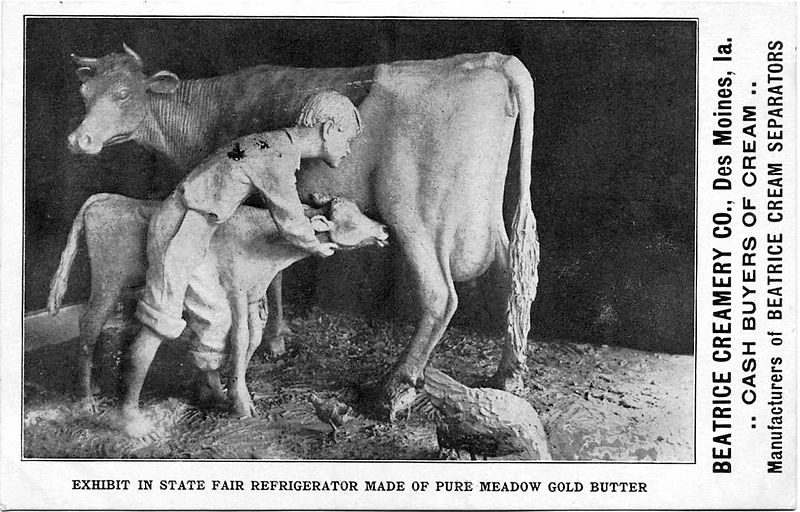
What a stupid premise. Even were we not facing the catastrophic consequences of global warming, "Yemen is one of the poorest countries in the Arab region," according to the United Nations Development Programme, and "...faces a severe water shortage, with available ground water being depleted at an alarming rate." Yet that should be nothing to worry your pretty little head about in Lasse Hallstrom's Salmon Fishing in the Yemen. I have not read the book, but according to Stephen Holden's review in the NYT, Hallstrom takes "Paul Torday’s absurdist political satire [and transforms it] into a whimsical romantic comedy. It is the cinematic equivalent of turning salt into sugar." An obscenely rich sheik enlists the press secretary for the British prime minister to find someone who has the expertise to engineer diverting what little water Yemen affords into a man made river so that he can indulge his passion for salmon fishing in his native Yemen, in addition to fishing at his rambling Scottish estate. She locates a British fisheries expert, who reluctantly complies, not because he is initially concerned about the environmental consequences, but because he's just not interested -- that is, until he falls under the spell of the sheik's dream. (Maybe it should have been made into a musical?) Of course, there's a romantic subplot worked into the mix.

Jay Roach's political comedy Campaign is absolutely ludicrous -- or not. Will Ferrell's Cam Brady has run unopposed almost forever. The powerful Motch (rhymes with Koch) brothers (John Lithgow and Dan Aykroyd) recruit Zach Galifanakis's milquetoast Marty Huggins to challenge Cam so that they can grease a deal with a Chinese company to make a fast bundle. Marty, his pudgy naive family, and his equally pudgy pugs are not prepared for the dirty politics they're in for, but they persevere. A. O. Scott's excellent review for the NYT remarks on the obvious connections the film wants to make: "You can chuckle at the buffoonery, raise your eyebrows at the baroque scatological and sexual humor...and conclude that The Campaign goes too far. .... But then a glance at some of the clowns we do elect, perhaps especially to our national legislature, might lead you in the opposite direction. Really, the movie could not possibly go far enough unless the screenwriters...had abandoned all invention and transcribed the script directly from C-Span."



Believe it or not, there really are people out there who are fanatical about butter sculpture, and butter sculpting contests are a fixture at many state fairs. Wikipedia tells me that "The earliest documented butter sculptures date from 1536 Europe where they were used on banquet tables. The earliest pieces in the modern sense as public art date from ca. 1870s America where they were created by Caroline Shaw Brooks, a farm woman from Helena, Arkansas. The heyday of butter sculpturing was about 1890-1930...." Jim Field Smith's Butter employs the phenomenon of butter sculpting to try to say something about the distinction between narcissistic competitive obsession and artistic obsession -- it just doesn't work very well. Laura Pickler's husband (like Cam in Campaign above) has been the reigning butter champ for almost forever. Then in this given year, he is obliged to bow out, and Laura, an aspiring politician who plans to go places, takes the Picklers' rightful place in the cooler. Meanwhile, a childless couple in town adopt a little girl. When told she can have whatever she wants, she asks for carving knives -- and several hundred pounds of butter. Her natural talent raises the stakes for Laura, who will do whatever it takes to win. The film could have been a nice little morality tale, but it gets strident at times and saccharine at others. (Jeannette Catsoulis's NYT review)


John K. Daniels' butter cow at the 1911 Iowa State Fair

A butter sculpture being made on the first day of the 2010 Minnesota State Fair
Everybody wants to be a rock star, and David Chase's Not Fade Away is a valentine to 1960s rock 'n' roll and the kids who pursued that dream. Douglas Damiano (John Magaro who morphs more and more into the look of a young Dylan as the film progresses) is the son of Italian first-generation immigrant parents who believe their son is indolently throwing away not only his future but their own hard work and sacrifice. His father (in a wonderful evocation by James Gandolfini) is particularly frustrated by his son's unreason, in no small part because he loves him so much. In fact, Douglas makes some money as a ditch digger (and doesn't understand why his African-American boss would rather listen to Tony Bennett than the blues) and the band he and a friend put together is diligent in learning, rehearsing, and ultimately creating their own material. Many are called but few are chosen, and finally Douglas is not fated for the concert stadium. (This is not a spoiler. Douglas's younger sister, who narrates the story, tells us so at the very beginning.) Stephen Holden's NYT review is admiring, but much as I like the subject matter and its backdrop of intercut contemporaneous television, radio, albums and cover art, I found the whole disjointed. I asked in my earlier entry on Whit Stillman's Damsels in Distress, How did this movie ever get made? I wondered the same about Not Fade Away. It just didn't seem like it was ready for the screen. (A NYT Critic's Pick)



No comments:
Post a Comment